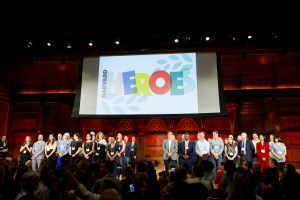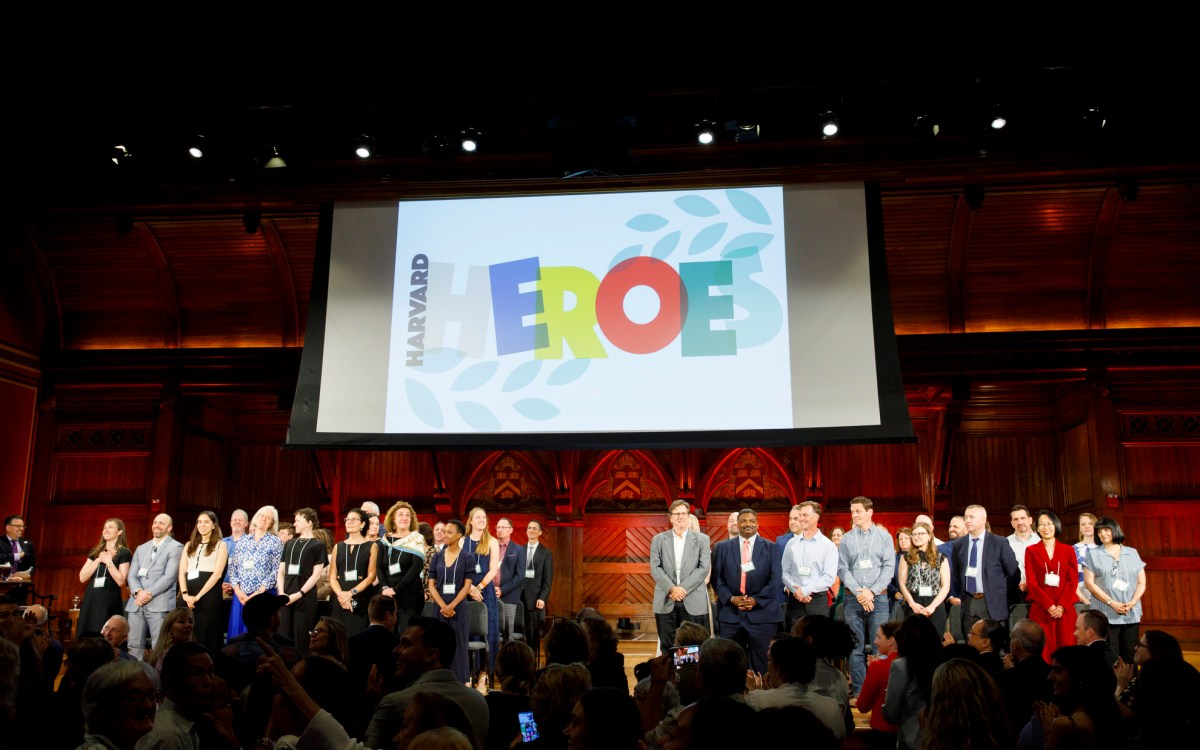Mortimer John Buckley
Faculty of Medicine — Memorial Minute
Mortimer John Buckley was born July 1, 1932 in Worcester, Massachusetts to an Irish immigrant family from near Killarney. Mort attended the College of the Holy Cross and then Boston University Medical School, later being named a distinguished alumnus of both schools.
Dr. Buckley did all of his surgical training at the Massachusetts General Hospital. During his general surgical residency, he spent two years participating in a clinical and research fellowship in the Clinic of Heart Surgery at the National Institutes of Health, where he worked with Dr. Andrew Glenn Morrow. Dr. Buckley returned to the MGH to complete his surgical training, finishing in 1966. He immediately joined the cardiac surgical staff at the MGH and the faculty at HMS, and remained with these institutions for the rest of his professional career until his retirement in 1998. During that career, he also helped to initiate or expand cardiac surgical programs at the Beth Israel Hospital, Mount Auburn Hospital, University of Massachusetts in Worcester, and University of Athens, Greece.
Dr. Mortimer J. Buckley, MJB to those on the cardiac surgical service at the Massachusetts General Hospital, and Mort to his friends, was a cardiac surgical legend and a complex personality. Until his final illness, he was physically imposing, could be intellectually and professionally intimidating, and socially charming. The timing of Mortimer Buckley’s life, what he inherited from his parents and the skills he developed placed him in the enviable position of having the privilege and the capacity to be one of the true pioneers who helped to guide the rapid growth of cardiac surgery as a specialty.
Professionally Mortimer Buckley combined raw intelligence, a prodigious memory, great technical facility, tenacity in the care of patients, an unbelievable work ethic, and absolute dedication to teaching with an inability to accept anything less than the complete commitment of his residents to learning and the total dedication of the staff to the welfare of the patients. For over thirty years he was relentless in his devotion to teaching residents to become cardiac surgeons and equally demanding in what he expected in return. While Mort could make accommodations for lesser degrees of intelligence or native surgical skills, he accepted nothing less than a resident’s absolute best efforts to try to be perfect – no cutting corners, no half-hearted attempts, only total involvement. Mort abhorred wasted talent.
As a teacher, Mort Buckley was in part a product of his times, and, therefore, a demanding taskmaster. He would have been comfortable with Vince Lombardi, legendary coach of the Green Bay Packers, who said, “Success demands singleness of purpose.” Mort would also have understood Coach Paul ‘Bear’ Bryant of the University of Alabama, who said, “I make my practices real hard because if a player is a quitter, I want him to quit in practice.” As his residents quickly learned, Dr. Buckley was an intense competitor. In cardiac surgery he had to be; his opponent was death. In the care of patients Mortimer Buckley only played to win.
While the operating room could be a tough learning ground, the rewards were invaluable. Residents learned a consistent, reliable, tested and safe approach to even the most complex cardiac surgical pathologies, and were assisted in doing a lot of operations, as long as they did them his way. While the atmosphere in Mort’s operating room could be intense, to most of his chief residents, he became a mentor, occasionally to some who did not get the message, a tormentor. Despite the intensity of training, during Dr. Buckley’s over twenty-five years as Chief of the Cardiac Surgical Unit, the residency was always over-subscribed. Over 70 cardiac surgeons were graduates of his training program, many of whom went on to be professors and Chiefs of their own cardiac surgical training programs. At a retirement dinner held in his honor, 69 of his trainees were present as a measure of their loyalty to and appreciation of Mort.
As Chief of the MGH Cardiac Surgical Unit, Dr. Buckley was a leader who had a vision for MGH cardiac surgery. He would confront cardiology, nursing, anesthesia, the department of surgery, the hospital administration, the state government or anyone else if he felt that it would benefit the MGH cardiac surgical program. In that process MJB earned, in turn, the loyalty of operating room nurses, perfusionists and cardiac intensive care and floor nurses, scores of who remained on the service for decades to work alongside Dr. Buckley and the rest of the team. The intensity of life on the cardiac surgical service was frequently broken with humor and good times. People worked hard and played hard. A defined mission and shared sense of purpose bred camaraderie.
As a colleague, Dr. Buckley set a high standard of performance and expectation. His work ethic, excellent results and commitment to teaching set a valuable example for the rest of the staff. Although like all surgeons in high-pressure specialties, Mort could be on occasion difficult in day-to-day interactions, when a major problem developed, particularly for a colleague, no one was more effective than Mort at facing complex situations and resolving problems.
As a surgeon, MJB was unflappable in the face of any cardiac surgical problem. He was equally comfortable managing the most difficult valvular, coronary, aortic or even congenital cases. Although he was an early leader in the field of myocardial revascularization, coronary artery bypass grafting was not Mort’s favorite operation. He was much happier with complex valvular or aortic cases, although he felt that his greatest reward lay in helping an infant achieve a chance at longer life. He was an excellent technician, a master at managing cardiac physiology and a genius at getting out of trouble.
As a scientist, Dr. Buckley was an early innovator in the application of mechanical circulatory support, contributing to the development of the intra-aortic balloon pump and its clinical application to treat acutely ischemic and failing hearts. Along with his colleagues of that time, particularly Eldred Mundth and Willard Daggett, under the guidance of W. Gerald Austen, he pioneered the surgical treatment of cardiogenic shock and the mechanical complications of acute myocardial infarction.
Although much of Dr. Buckley’s innovative efforts were focused on treating coronary artery disease and its complications, he was equally comfortable with managing even the most complex valvular, aortic and congenital cardiac pathologies. Along with colleagues in cardiac anesthesia, he helped to establish the technique of deep hypothermia and hemodilution for the correction of congenital anomalies in infants. His bibliography of over 200 published articles spans the entire gamut of adult and congenital heart disease.
As a young surgeon, Mort Buckley made important contributions to the cardiac surgical literature, but in his later years unfortunately he could not motivate himself to write about the lessons learned from thirty years of practice. Today his wisdom resides in the minds and hearts of the residents that he taught and continues to be passed to succeeding generations of residents taught by his pupils.
Dr. Buckley served as Chief of the Cardiac Surgery Unit at MGH from 1970 through 1998, during which he enjoyed a distinguished career as Professor of Surgery at Harvard Medical School and was a recipient of the American Heart Association’s prestigious Paul Dudley White Award and of the Abraham Colles Medal from the Royal College of Surgeons in Ireland. In 1995 Dr. Buckley was elected president of the prestigious American Association for Thoracic Surgery for his contributions to the specialty.
Numerous cardiac surgeons around the globe invited Dr. Buckley to visit their programs to impart his knowledge and expand their understanding. Not only did he mentor surgeons in operating rooms from China to Venezuela, but his international residents from Greece to Korea brought their surgical skills, honed under his tutelage, back to their own countries to improve cardiac care.
Outside of medicine one could see a different personal side to Mort Buckley, including his ability to be the world’s most charming raconteur. He had a well-honed Irish sense of humor and loved to tell stories. When not in the operating room, Mort Buckley enjoyed tennis and golf, but was his happiest out at sea, sailing with his family. As a host, he was kind, generous and deferential.
Mort Buckley was totally devoted to his family. He adored Marilyn, his wife of forty-five years, who unfailingly supported him through the countless long days and late nights required to build and sustain a premier cardiac surgical program in Boston. Mort took immense pride in the success of his children – Kathleen, Deirdre, Kara and Tim. For all of the joy he gained from their accomplishments, he was even more proud of the people they had become. In later years Mort equally loved his ten grandchildren and their diverse personalities.
Several years after retiring Mort acquired multiple myeloma. That terrible disease cut short a well-earned retirement, made his last years difficult and his last months painful. His courage in the face of those trials provided further inspiration and life lessons to his friends and pupils. Dr. Buckley died on November 24, 2007 at the age of 75 in his home in Osterville on Cape Cod. His funeral service was celebrated at Christ the King Church, a large Catholic church on Cape Cod before a filled sanctuary. It was right and proper, no matter what their individual religious preference, that hundreds of Dr. Buckley’s friends gathered in a Catholic Church to celebrate the life of Mortimer J. Buckley. Throughout his life, Mort’s religion was very important to him; he was a Knight of Malta, a Knight of the Holy Sepulchre and a lifelong supporter of the Church. Mort once told one of his daughters that if he had not instilled in her the importance of her religious faith, then he had failed as a parent.
During the height of Dr. Buckley’s career he was often described as being “larger than life.” Considering the success of his family, the scores of cardiac surgeons he trained who have gone on to great accomplishment and their continued dissemination of his teachings; we might argue that Dr. Mortimer J. Buckley’s legacy is even larger than death.
Respectfully submitted,
Cary W. Akins, chairperson W. Gerald Austen Willard M. Daggett, Jr. Bruce W. Lytle




